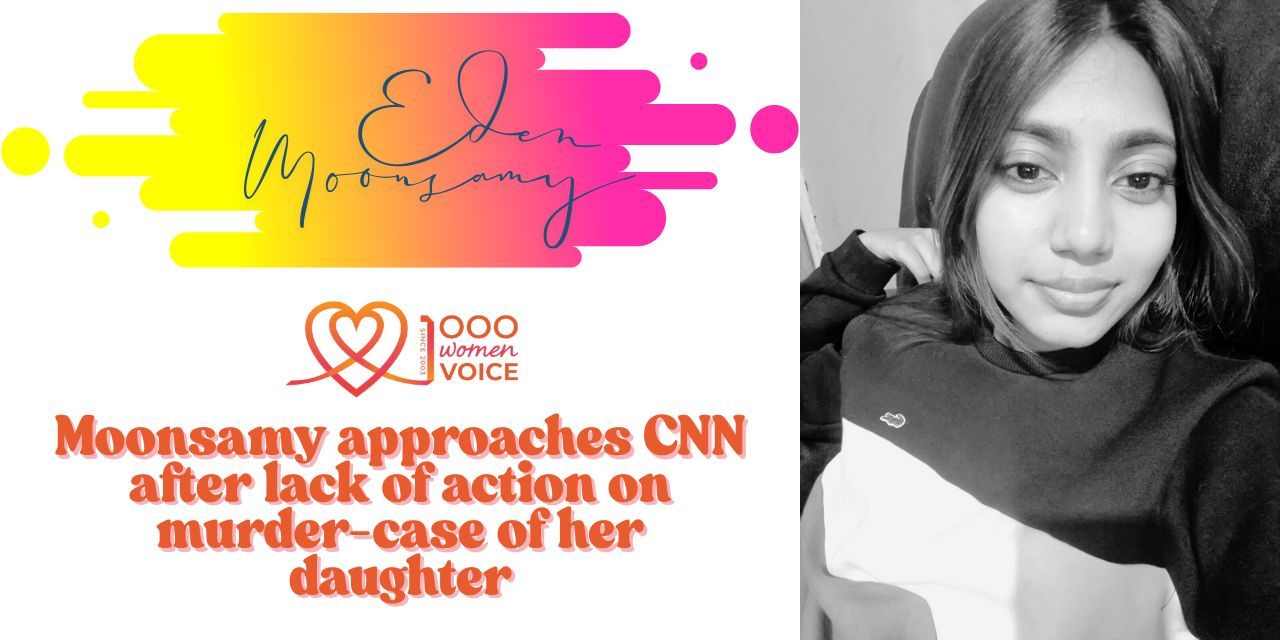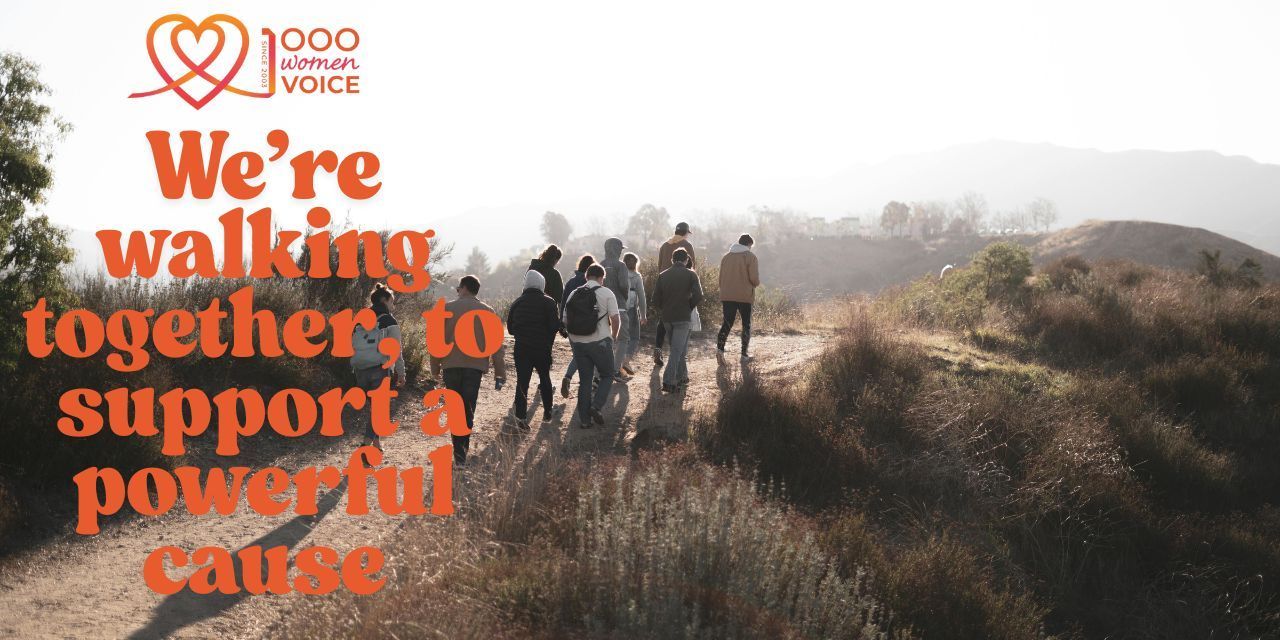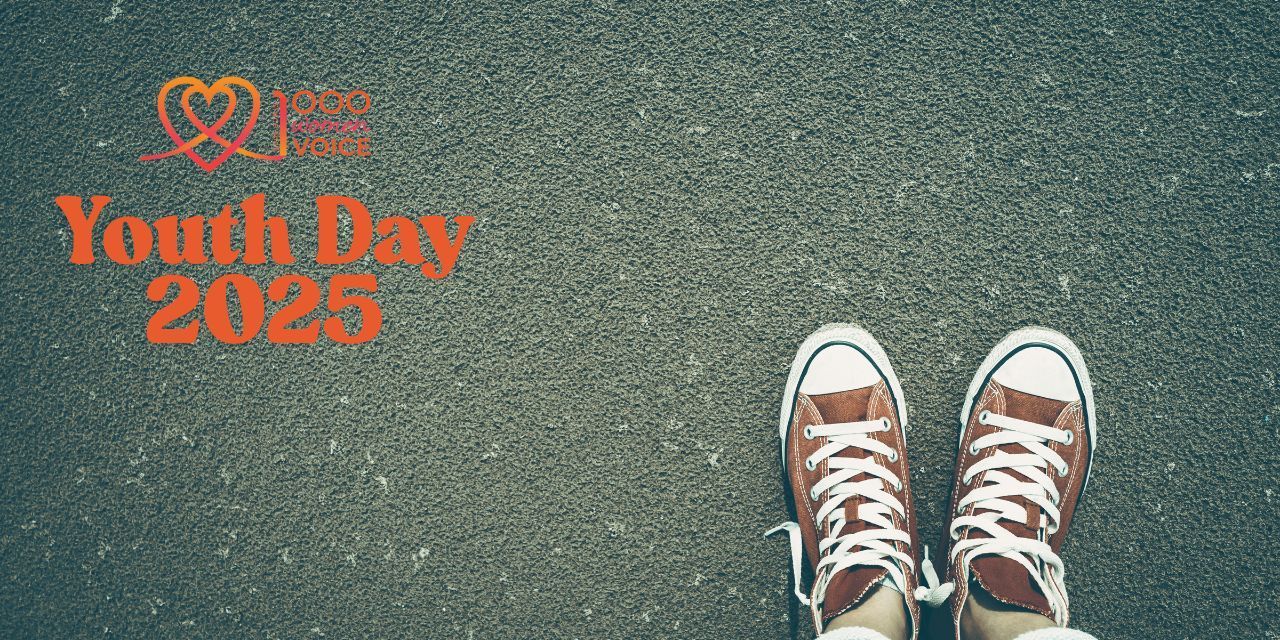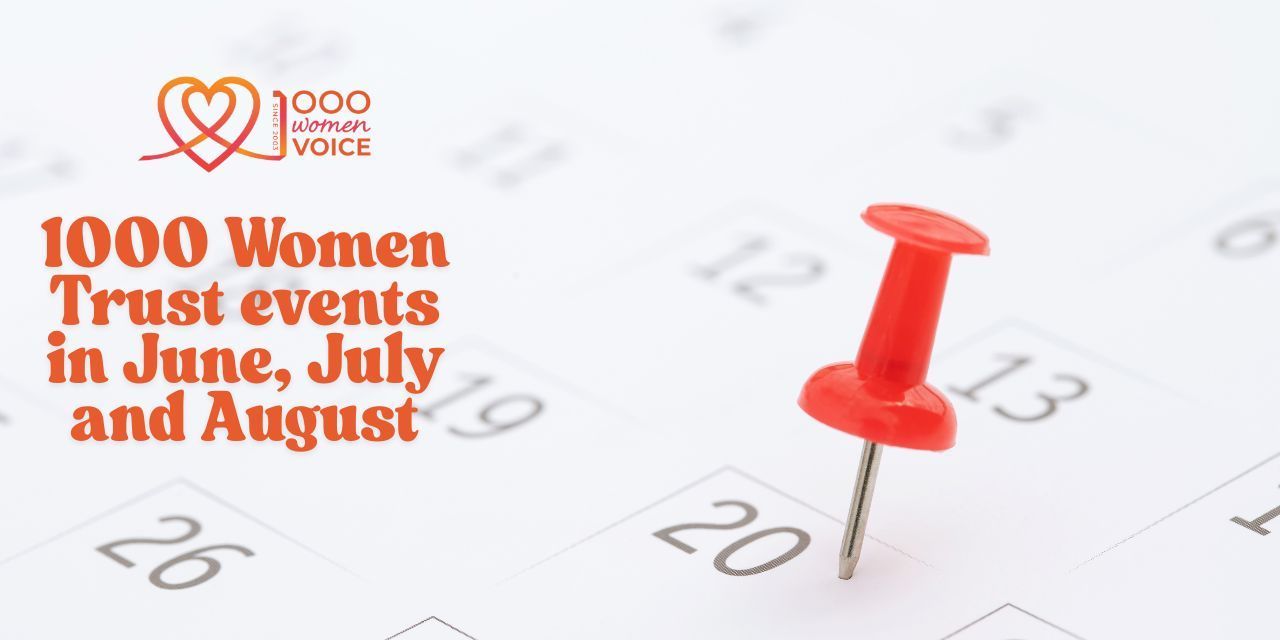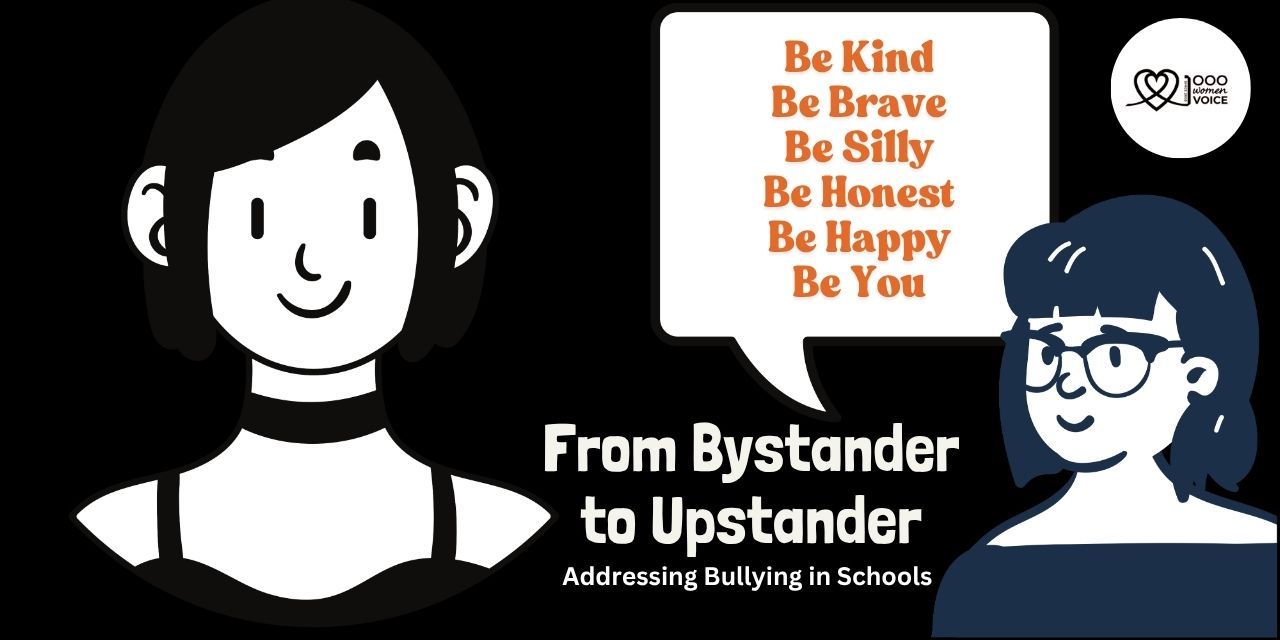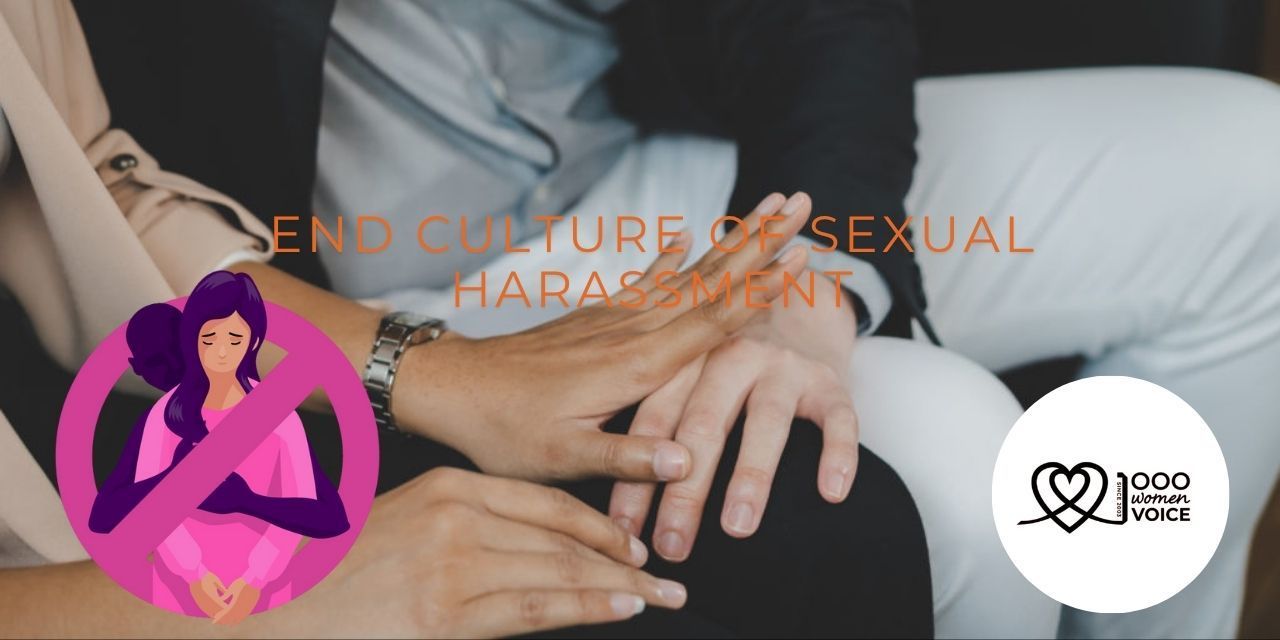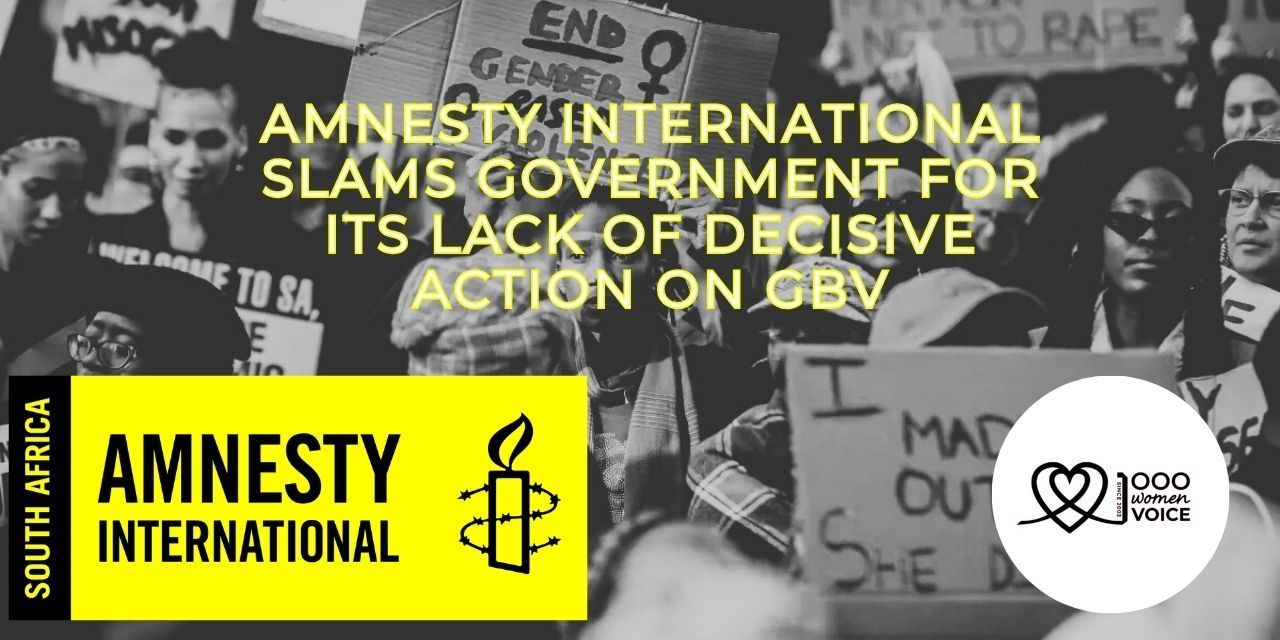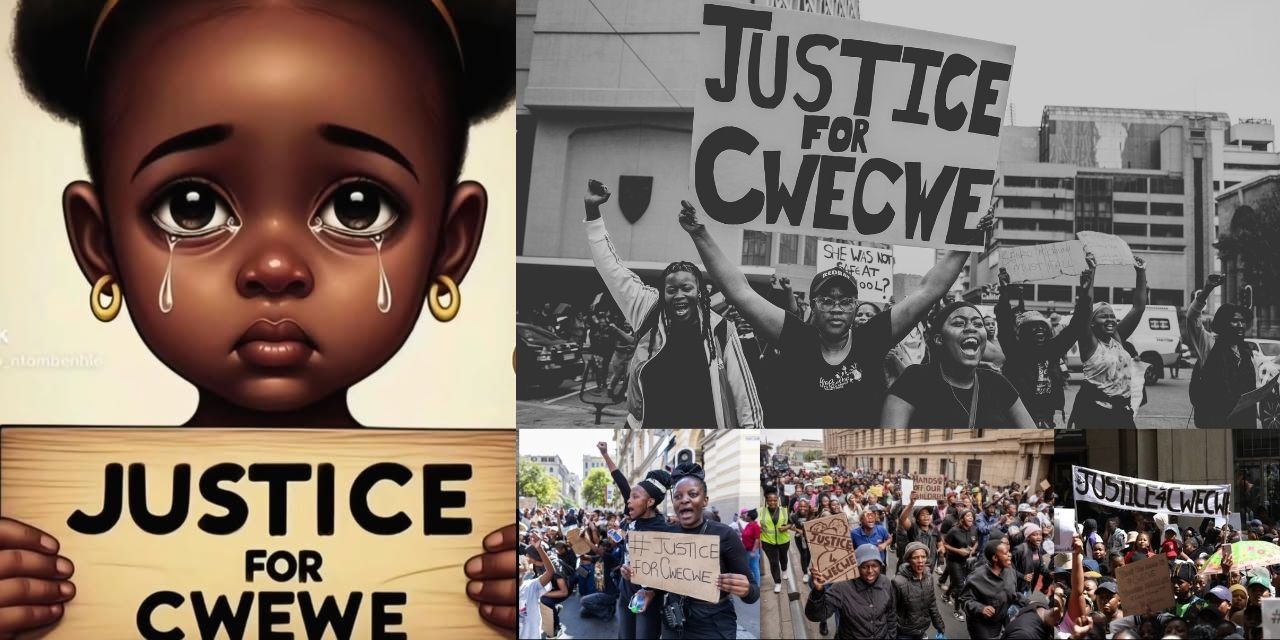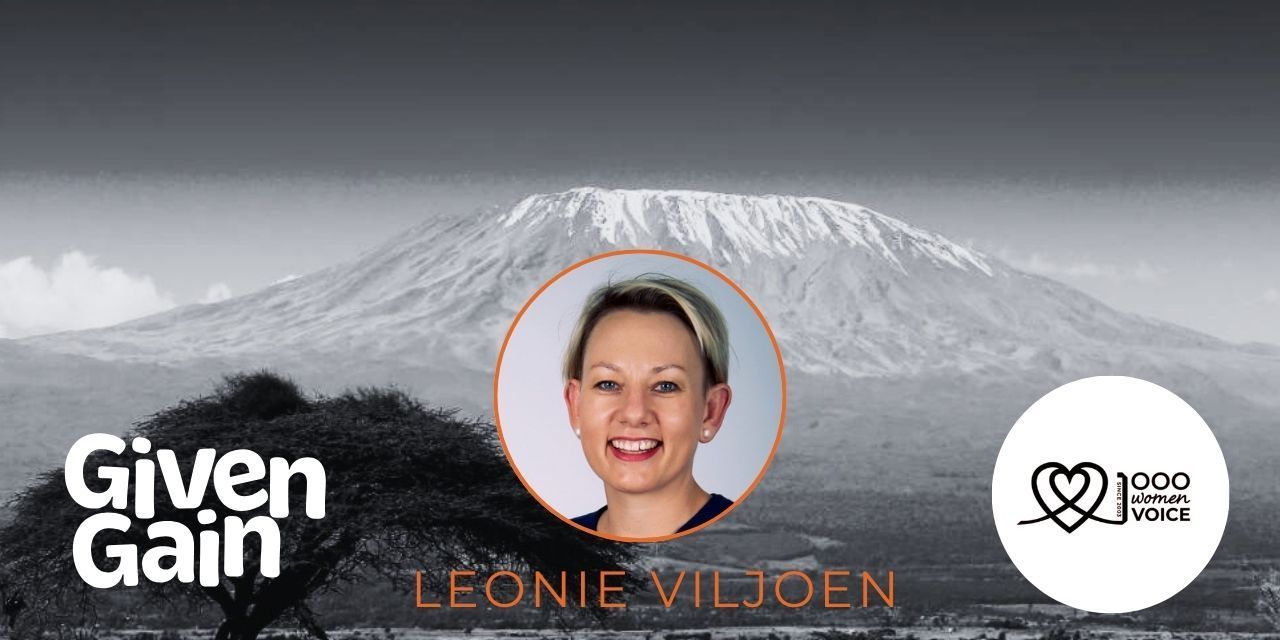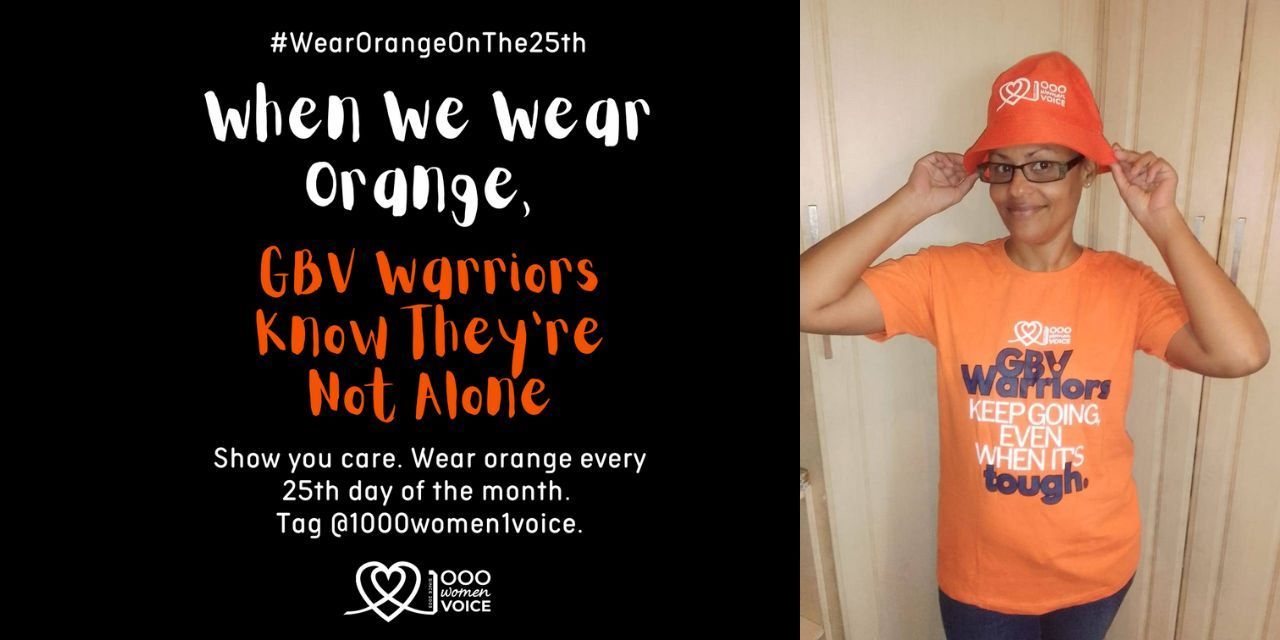Women Rights violations the central theme of Human Rights Day
Human Rights Day in South Africa is historically linked with 21 st March 1960 and the events of Sharpeville. On that day, 69 people died and 180 were wounded when police fired on a peaceful crowd that had gathered in protest against the Pass laws. This day marked an affirmation by ordinary people, rising in unison to proclaim their rights.
Yet, this day should not be a holiday, as In North America, for example, the connotation is “any dedicated day or period of celebration.” (source: Daily Maverick, 18 th March 2020).
No celebration is in order on human rights day in South Africa. What is required, rather, is an eulogy on the abject failure by government to turn the tide on gender-based violence in the country.
The statistics revealed by Bheki Cele, the minister of Police, in February 2022, reflect the scale of human rights abuse to which women in South Africa are been subjected.
A total of 11315 people were raped from October to December 2021, of which 11 273 were women.
According to Cele, sexual offences and rape cases had decreased by 9% compared to the previous reporting period.
More women were killed in the last quarter of 2021, compared to the same period the previous year, with numbers rising to 902, an increase of 4.2 % from the previous year.
Attempted murder of women also rose, climbing to 1240 from 1157, an increase of 7.2 %. Women were also the victims in 12 614 cases of common assault, compared to 2528 cases where men were assaulted.
The country has deteriorated into the rape capital of the world and the second pandemic of gender-based violence is the greatest human rights crisis of this generation in South Africa.
There is nothing to celebrate on Human Rights Day when an average of 120 women are raped each day, and they have very little guarantee that justice will prevail.
It is estimated that over 40 % of South African women will be raped in their lifetime and that only one in nine rapes are reported. It is estimated that 14 % of perpetrators of rape are convicted in South Africa.
To make things worse, the backlog in forensic DNA tests in crime-related cases continues to grow with the number of outstanding cases reaching more than 237000.
According to Cele, the biology unit of the SAPS forensic science laboratory’s head office in Pretoria has a backlog of 137 849 DNA tests while the figure for the Western Cape unit stands at 83 292.
Interpol stated that a woman born in South Africa has a greater chance of being raped than learning to read.
The government introduced a strategic national plan to prevent gender-based violence and the femicide, and amended three new gender-based violence laws to act as a deterrent against perpetrators of gender-based violence.
President Cyril Ramaphosa said during his state of the nation address in February 2022: “The fight against gender-based violence will never be won unless as a society we mobilise all formations and all citizens behind a sustained program of social action.”
Unfortunately, the biggest challenge facing women and girls on Human Rights Day 2022, is that government is lacking the urgency to implement those national strategies, plans and ‘program of social action’ that the president is talking about.
Government has also not been able to address or change the mind-sets of men effectively with regards to non-violence and gender equality.
Christopher Isike, in an article on preventative measures with regards to gender-based violence on www.news24.co.za , warned that stereotypical perceptions men hold of women, foster violent masculinist behaviour. For instance, seeing women as “properties” can produce an entitlement mentality amongst males. This makes it difficult for them to let females live in peace when they end romantic or marital relationships.
It is the feeling of “ownership” that gives men the audacity to want to keep controlling and brutalizing women they are no longer involved with. “Therefore to change…male violence against women in South Africa, intervention efforts must be targeted at changing how males see women,” said isike.
1000 Women Trust, in collaboration with the Ruben Richards Foundation and the department of social development, are targeting social and behavioural change amongst men and boys with regards to gender-based violence and also address the social and structural drivers of the pandemic.
Since 2003, the 1000 Women Trust has been creating awareness, organising safe spaces for women and mobilising resources to amplify the voices of women and girls in South Africa. The objectives of the 1000 Women Trust are to mobilise resources and give grants to organisations that support, raise awareness and provide opportunities for women and children who have been affected by violence.
Numbers to contact if you are in distress, are:
BV Command Centre: 0800 428 428 / *120*7867# from any cell phone
Persons with disabilities, SMS ‘help’ to 31531
Women Abuse Helpline: 0800 150 150
Child line: 0800 055 555
SAPS Crime Stop: 0860 10111 / SMS Crime Line: 32211
GBVF-related service complaints (SAPS): 0800 333 177 /
